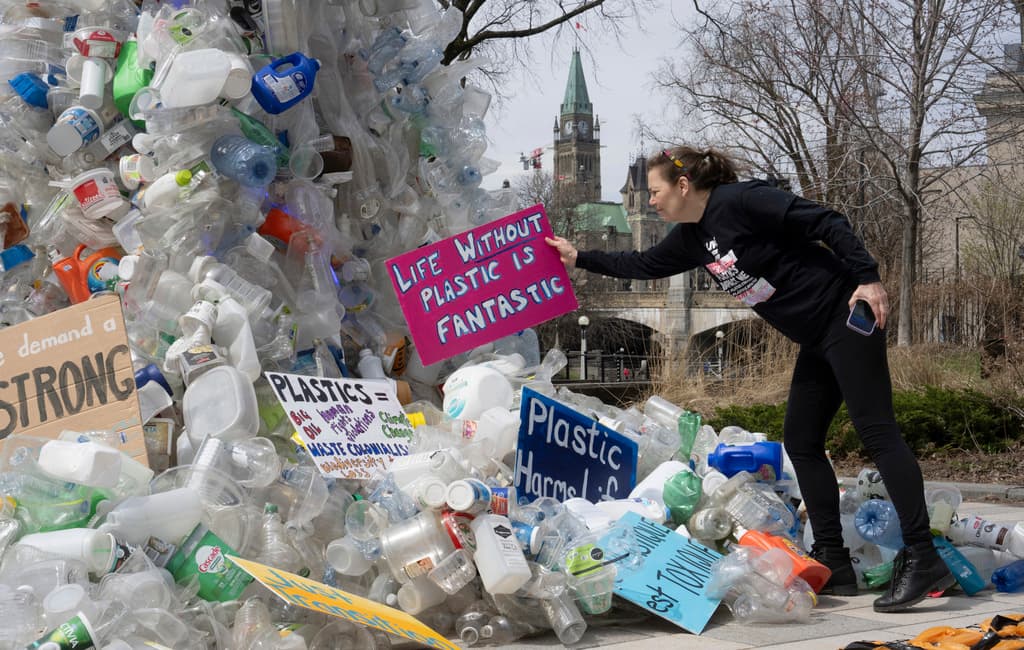Study Finds Microplastic Pollution Widespread in Human, Animal Testes
The finding could explain, in part, declining sperm counts in men.

Microplastics have been found in human testicles in one test, a finding that may be linked to declining sperm counts in men.
In a recent study published in the journal Toxicological Sciences, scientists analyzed 23 human testicles and 47 testicles from pet dogs, the Guardian reports. They found microplastic pollution in every single sample.
The testicles analyzed in the study were obtained from postmortems conducted in 2016. The men ranged in age from 16 to 88 years at the time of their deaths. The human testicles were preserved, so sperm counts could not be measured.
However, in the case of the dogs, sperm counts were lower in testicles with higher levels of PVC contamination. While this study shows a correlation, further research is needed to definitively prove that microplastics cause a reduction in sperm counts.
“At the beginning, I doubted whether microplastics could penetrate the reproductive system,” professor Xiaozhong Yu at the University of New Mexico told the U.K. paper. “When I first received the results for dogs, I was surprised. I was even more surprised when I received the results for humans.”
Sperm counts in men have been decreasing for years, with many studies pointing to chemical pollution, such as pesticides, as a contributing factor. Recently, microplastics have also been discovered in human blood, placentas, and breast milk, indicating that these contaminants are widespread in our bodies.
Though the exact impact on health is still unknown, laboratory studies have shown that microplastics can damage human cells. There are concerns that microplastics could lodge in tissue and cause inflammation, similar to particles found in air pollution.
Chemicals within the plastics may also pose harm. Earlier this year, medical professionals warned that contaminated blood vessels with microscopic plastics could substantially increase the risk of stroke, heart attack, and premature death.

